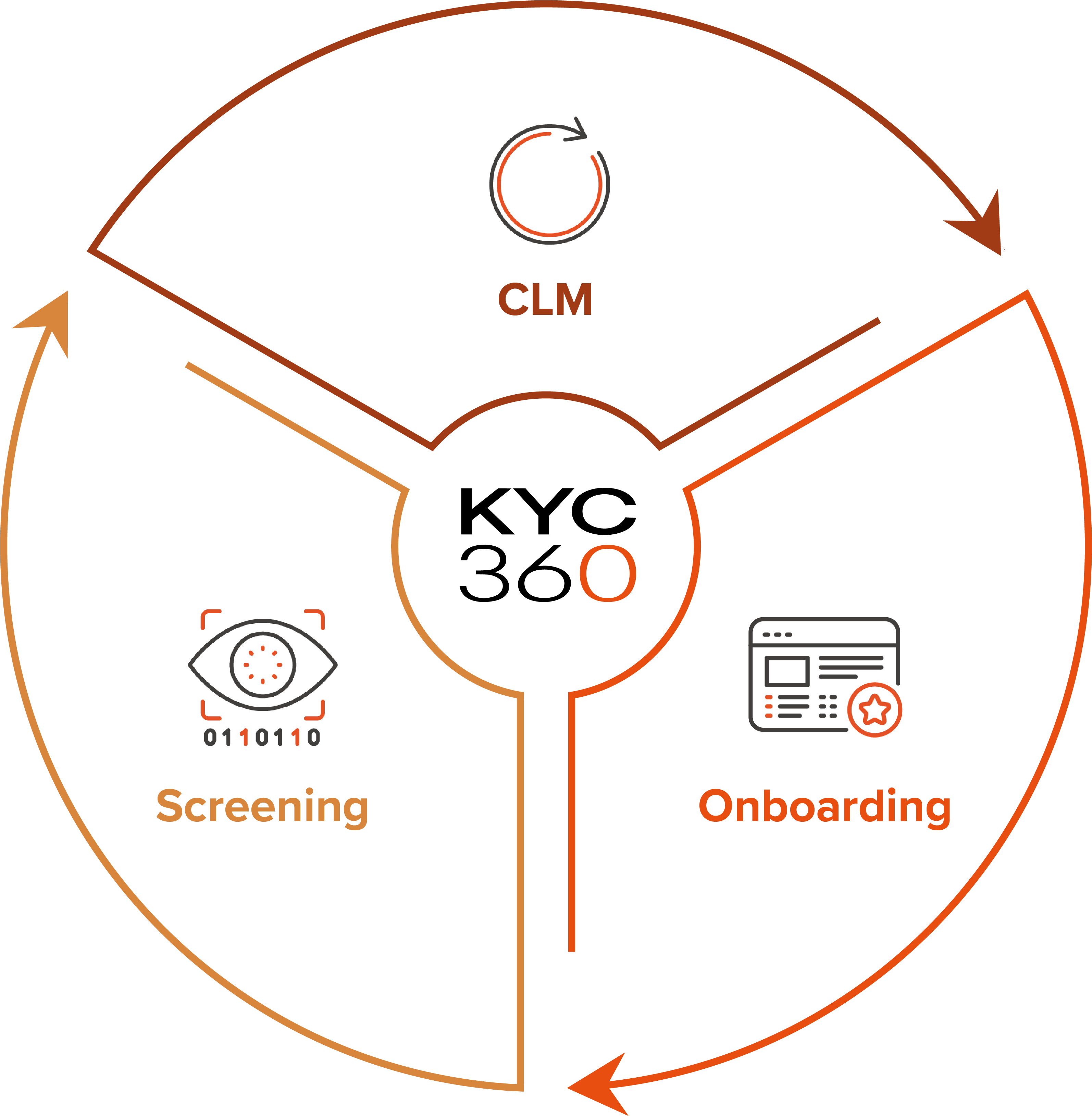On 21 October 2025 the UK government announced that responsibility for supervising lawyers’ anti-money laundering (AML) and counter-terrorist financing (CTF) obligations will be transferred from the Solicitors Regulation Authority (SRA) and other pro-body supervisors to the Financial Conduct Authority (FCA). This move is part of a wider government effort to consolidate the UK’s complex AML supervision across regulated professions, including accountancy, trust services, and legal services, under a single regulator.
What the Government Has Committed
- The FCA will become the single AML supervisor for all regulated lawyers under the Money Laundering Regulations 2017 (MLRs).
- The SRA’s bid to become the sole supervisor for all lawyers under the MLRs has been rejected by the Government.
- Law firms will still retain their existing professional regulators (SRA, Bar Standards Board, etc.) for conduct, professional obligations, and regulatory functions beyond AML.
- The FCA has committed to collaborating with HM Treasury, OPBAS (Office for Professional Body AML Supervision), and existing professional body supervisors to ensure a smooth transition.
- HM Treasury believes this consolidation will produce more consistent oversight, reduce fragmented supervision, and strengthen the UK’s AML regime.
What Remains Unsettled
- Timing, legal powers, and empowering legislation are still to be determined. The government’s announcement makes clear the change will proceed only after further consultation and required legislation. Detailed transitional arrangements and commencement dates remain TBD.
- The extent of enforcement powers the FCA will have vis-à-vis law firms. For example, whether the FCA will be able to fine, suspend, or revoke practice rights or otherwise exercise powers available under FSMA or other regimes has not yet been clarified. The government and consultation papers note stronger enforcement is expected but leave detail to the legislative and consultation process.
- Whether MLRO / MLCO roles within law firms will require FCA authorisation or will be treated as Senior Management Functions (SMFs) is undecided. The consultation/next steps material has flagged authorisation and scope as areas for detailed policy design.
- How dual regulation or overlap will operate practically when an AML issue intersects with professional misconduct.
- The funding model, including how the FCA will collect fees from law firms to support its supervisory role and whether professional bodies will lose supervisory fee income, remains to be specified.
Reaction From the Legal Sector
Legal regulators and the profession’s representative bodies have publicly expressed a variety of concerns.- The SRA responded that regulation by the FCA will ‘feel very different’ and warned that the rules-based orientation of the FCA may conflict with the principles-based culture of legal regulation. Paul Philip, SRA’s CEO, further questioned whether FCA staff have the expertise to understand the nuances of legal practice.
- The Law Society warned that the changes may raise costs, increase administrative burden, and introduce regulatory complexity.
- The Council for Licensed Conveyancers (CLC) echoed concerns about the dual regulatory model and the potential for regulatory gap between frontline professional regulation and AML oversight.
- Other commentators see potential benefits. Campaign group Spotlight on Corruption called the FCA’s stronger investigative capacity and independence a positive shift that could close loopholes in legal-sector AML supervision.
- Broadly, legal professionals have expressed concerns about the loss of sector-specific expertise as AML supervision moves from specialist professional bodies to the City-watchdog model.
What This Could Mean for Firms
- Tougher Enforcement Action
While HM Treasury has emphasised that the reform will not change firms’ obligations under the MLRs, the government has signalled the FCA will be empowered to take ‘strong enforcement action where necessary’, suggesting potential for higher financial penalties and tougher supervisory action under FCA oversight. Firms should expect a step-up in enforcement posture. - Tighter, more formal inspections and testing
Firms could face more frequent and systematic AML reviews, on-site inspections, testing, control testing, and formal information-requests in line with how the FCA supervises other sectors. - Cost and resourcing pressures
Smaller practices, in particular, may face a significant compliance uplift. Transitional duplication of systems or registrations, and potential increases in costs, have been highlighted by professional bodies. - Interplay with professional regulation
Where AML issues implicate client rights or legal professional standards, law firms may encounter coordinated or overlapping scrutiny from both the FCA and professional regulators. Practical protocols for cooperation remain to be set out. - Strategic sophistication
Firms that already integrate KYC/AML, client onboarding, ownership mapping, and risk intelligence will fare better. Firms with weak legacy systems may struggle to close gaps quickly.
Next Steps: A Blueprint for Law Firms
- Begin internal review of AML frameworks. Map gaps in resources, technology, reporting lines, and oversight.
- Engage with upcoming public consultation (expected November 2025) to influence detail and transitional arrangements.
- Invest in compliance tools in line with FCA expectations.
- Monitor proposals on regulatory overlap, enforcement powers, and authorisation requirements as they emerge.
Conclusion
The move to FCA supervision marks a major shift toward more rigorous, rules-based AML oversight. Firms should expect closure scrutiny, stronger enforcement, and higher evidential standards. Investing early in governance, systems, and culture will enable firms to adapt and succeed under the new regime.
The KYC360 platform is an end-to-end solution offering slicker business processes with a streamlined, automated approach to Know Your Customer (KYC) compliance. This enables our customers to outperform commercially through operational efficiency gains whilst delivering improved customer experience and KYC data quality.
